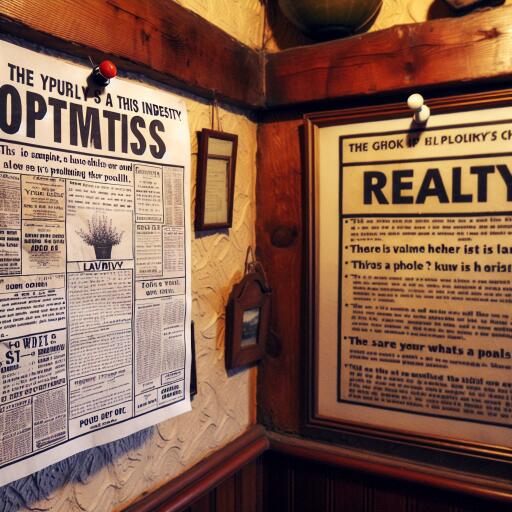
Exploring the Impact of Eamon Ryan’s Departure on Irish Politics and Environmental Policy
The resignation of Eamon Ryan from the leadership of the Green Party marks a crucial turning point not only for his party but also for environmental politics in Ireland. Ryan, a figure synonymous with the Green Party’s success and its approach towards practical climate action, leaves behind a legacy that is both admired and critiqued. As Ryan possibly continues his role within the Cabinet, the void his departure creates presents a significant challenge for the Green Party’s future leadership and its strategic direction.
Ryan’s tenure was notable for integrating the Green Party into mainstream governance, proving that environmental policies could coexist with political pragmatism. His contributions were substantial, driving forward the agenda on climate change in a way previously unseen in the party’s history. However, Ryan was not without controversy and faced his share of criticism both from within and outside the halls of government. Despite this, his ability to command respect across the political spectrum attests to his capabilities as a leader and a politician committed to climate action.
The skepticism and opposition faced by Ryan, especially from rural communities, underscore the complex dynamics of national versus local interests. An anecdote capturing this tension cites notices in a rural pub declaring Ryan both a villain for alleged crimes against rural Ireland and a savior for introducing a local bus service. Such contradictions are emblematic of the broader debates on environmental policy and its impact on local communities.
Despite facing the lowest satisfaction ratings among his peers, Ryan’s leadership was not without approval. His strategic approach to governance, modeled perhaps on the successes and failures of past political coalitions, was aimed at ensuring the Green Party could enact substantial change despite its smaller size. This approach bore fruit, seeing the party return from political obscurity to a force capable of shaping government policy on climate change.
Ryan’s effort to rejuvenate the Green Party following its 2011 electoral defeat demonstrates his commitment to both the party and the broader environmental movement. His tenure saw the Greens return to power in a coalition government, seize the opportunity for significant climate legislation, and place environmental policy at the forefront of government action, achieving notable progress in an area once considered peripheral.
The story of Eamon Ryan’s leadership is one of resilience, pragmatism, and a willingness to compromise for the greater good. It highlights a truth often overlooked in politics: achieving substantial progress may require navigating the murky waters of political compromise. Ryan’s legacy is a testament to his dedication to this principle, showing future leaders that environmental advocacy within the framework of government is both possible and necessary.
As the Green Party looks to the future without its most recognizable leader, the challenge will be to maintain the momentum Ryan has built. The path forward involves not only filling the leadership void but also continuing to persuade both the government and the electorate of the urgency of climate action. Ryan’s departure could be a turning point for the Green Party and for Ireland’s environmental policy. The question remains whether his successors will embrace his pragmatic approach or chart a new course for the party and its cause.
Ryan’s story in Irish politics is a reminder of the impact one individual can have on the national discourse, particularly in areas as critical as climate change. It also underscores the importance of persistence, engagement, and the readiness to make difficult choices for the sake of progress. The legacy he leaves offers valuable lessons for both his party and the broader movement towards a more sustainable future.





Leave a Reply